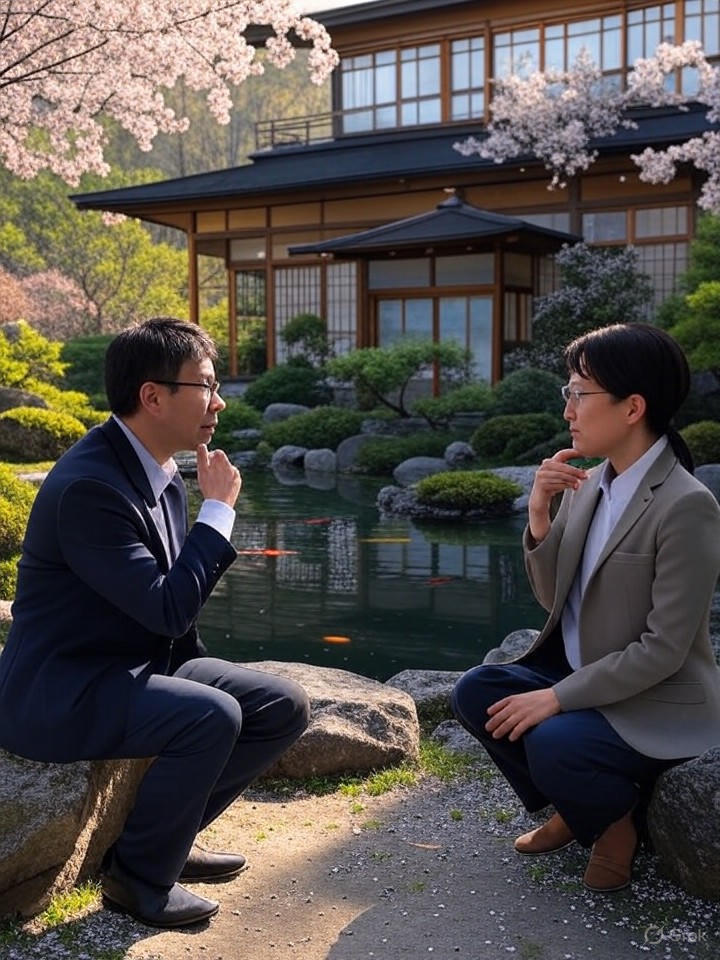In the rapidly evolving world of artificial intelligence, a potential partnership between the United Kingdom and Japan is emerging as a beacon for balanced, ethical innovation. As global powers grapple with the dual imperatives of technological advancement and societal safeguards, these two nations are positioned to spearhead an alliance that could redefine responsible AI development. Drawing from shared values of innovation and caution, their collaboration might bridge the aggressive, profit-driven models of some Western tech giants with the more harmonious, society-focused approaches in the East.
Recent discussions highlight how the UK, with its history of regulatory frameworks like the AI Safety Summit, and Japan, through its “Society 5.0” initiative, could form a coalition that prioritizes human-centered AI. This vision rejects the false dichotomy between economic growth and social responsibility, proposing instead a model where technology serves both. Industry experts suggest this alliance could influence international standards, fostering AI systems that are innovative yet accountable.
A Middle Path in AI Governance: Blending Eastern Harmony with Western Pragmatism
Japan’s approach, as outlined in policies from the Cabinet Office, emphasizes AI as a tool for resolving social issues without disrupting cultural equilibrium. This contrasts with more laissez-faire strategies elsewhere, offering a template for global adoption. The UK’s recent AI regulatory efforts, including collaborations with bodies like the Engineering and Physical Sciences Research Council, align closely, potentially creating a unified front against unchecked AI proliferation.
By leading such an alliance, the UK and Japan could address pressing concerns like bias in algorithms and data privacy, areas where unilateral national policies often fall short. Insights from CSIS underscore the importance of the Hiroshima AI Process, a G7 initiative under Japan’s 2023 presidency, which promotes agile governance to balance innovation with risk management.
Overcoming Cultural and Regulatory Hurdles for Global Impact
Challenges remain, including Japan’s inherent risk aversion, which could slow AI adoption if not tempered by the UK’s more dynamic tech ecosystem. Yet, this very caution might prove advantageous, as noted in analyses from the World Economic Forum, where Japan’s ethical rigor is seen as a competitive edge in building trustworthy AI.
Joint initiatives, such as the UKRI-funded call for human-centered AI collaborations between the two countries, demonstrate practical steps toward this alliance. These efforts aim to pool resources for research that advances AI while embedding safeguards, potentially expanding to include partners like the US and EU through frameworks like the Global Partnership on Artificial Intelligence.
Forging Alliances Amid Geopolitical Tensions
Geopolitically, this UK-Japan axis could counterbalance influences from dominant players, ensuring AI development aligns with democratic values. Reports from White & Case LLP detail Japan’s light-touch regulations, which favor voluntary guidelines over strict mandates, a stance that complements the UK’s evolving policies.
As AI integrates deeper into critical sectors, from healthcare to finance, the need for international cooperation intensifies. The TechRadar analysis posits that this duo’s leadership could inspire a “middle path,” harmonizing innovation with ethics to guide global standards.
Future Prospects: Building a Coalition for Ethical AI Dominance
Looking ahead, expanding this alliance might involve integrating standards like ISO/IEC 23894 for responsible AI, as referenced in Japan’s AI Guidelines for Businesses. Such moves could attract more nations, creating a robust network that accelerates safe AI deployment worldwide.
Ultimately, if realized, this UK-Japan-led effort could set precedents for how nations collaborate on technology’s thorniest issues, ensuring AI’s benefits are equitably distributed without compromising core human values. Industry insiders watch closely, recognizing that in an era of rapid tech evolution, alliances like this may determine who shapes the future.


AloJapan.com